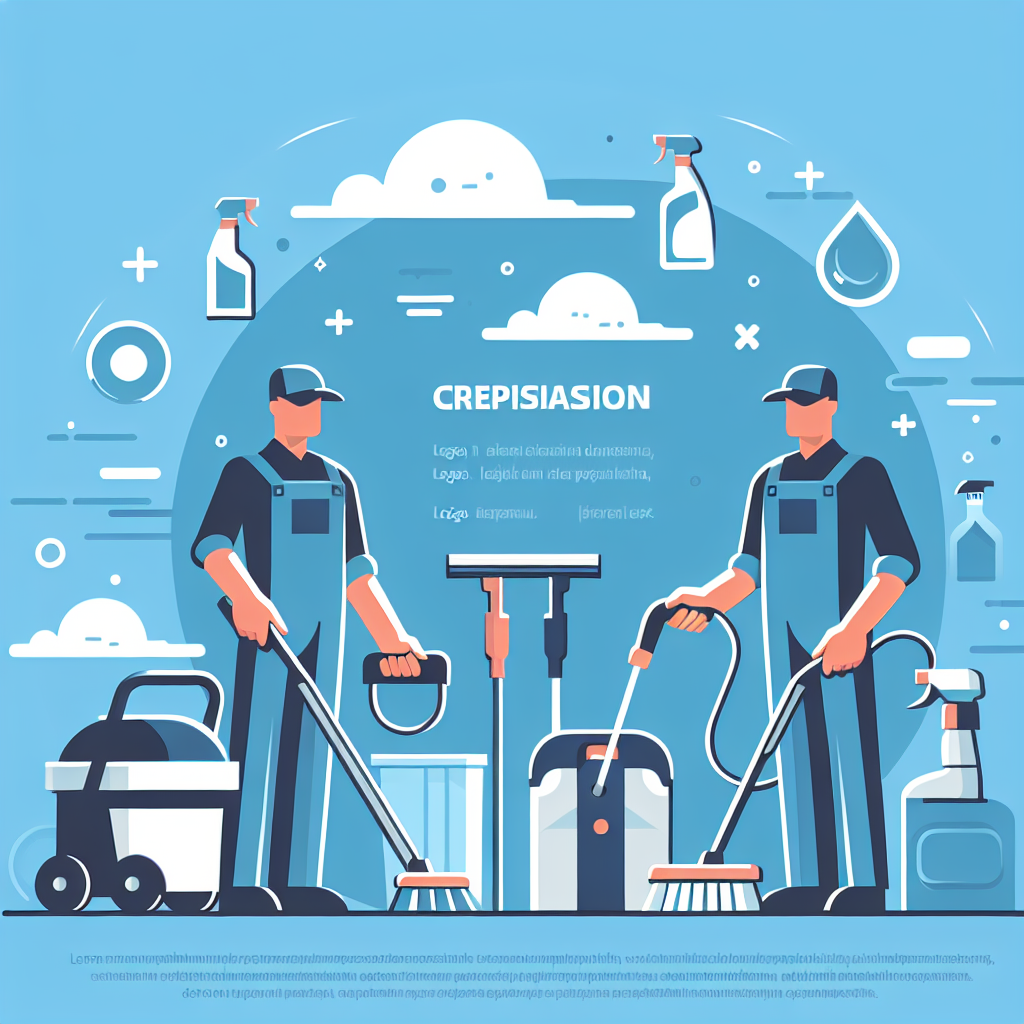Compliance issues can be a real headache in the cleaning industry. From safety regulations to environmental concerns, it's crucial to stay ahead and prevent problems before they arise. By implementing proactive measures and establishing a culture of compliance within your cleaning operation, you can save time, money, and your reputation. Let's delve into how you can prevent compliance issues before they happen.
Understanding the Regulatory Landscape
Familiarize yourself with the relevant regulations that govern the cleaning industry. This includes OSHA guidelines, EPA regulations, and any local laws that may apply. Regularly review updates and changes to ensure full compliance.
Training and Education
Invest in comprehensive training programs for your cleaning staff. Ensure they understand proper cleaning procedures, safety protocols, and the importance of compliance. Regularly provide refresher courses to reinforce best practices.
- Include hands-on training sessions to demonstrate correct techniques and equipment usage.
- Educate employees on the potential consequences of non-compliance, such as fines, legal actions, and reputational damage.
Documentation and Record-Keeping
Maintain detailed records of training sessions, safety inspections, and any incidents that occur. Documentation serves as proof of compliance and can help in case of audits or investigations.
Consistent documentation is not just a regulatory requirement; it's a valuable tool for tracking performance and improving processes within your cleaning operation.
Equipment Maintenance and Inspections
Regularly inspect and maintain all cleaning equipment to ensure proper functioning and safety. Malfunctioning equipment can pose hazards to both employees and the environment.
- Create a maintenance schedule for all equipment, including cleaning tools, machinery, and protective gear.
- Conduct thorough inspections before each use to identify any potential issues or defects.
Waste Management and Disposal
Develop a comprehensive waste management plan that adheres to all relevant regulations. Improper disposal of cleaning chemicals and waste can lead to environmental contamination and legal consequences.
Ensure all employees are trained in proper waste handling procedures, including segregation, storage, and disposal methods.
Communication and Reporting
Establish clear communication channels for reporting safety concerns, incidents, or violations. Encourage an open-door policy where employees feel comfortable raising compliance issues.
- Implement a reporting system that allows for anonymous submissions to address sensitive issues.
- Regularly review and address reported concerns to demonstrate a commitment to compliance and employee well-being.
Continuous Improvement and Evaluation
Foster a culture of continuous improvement within your cleaning operation. Regularly evaluate processes, procedures, and training methods to identify areas for enhancement.
Compliance is not a one-time task but an ongoing commitment to excellence and safety. Embrace feedback and strive for constant growth in your compliance efforts.
By taking proactive steps to prevent compliance issues before they happen, you not only safeguard your business but also promote a culture of responsibility and professionalism within the cleaning industry. Stay informed, stay prepared, and stay compliant to ensure success in this ever-evolving regulatory landscape.



